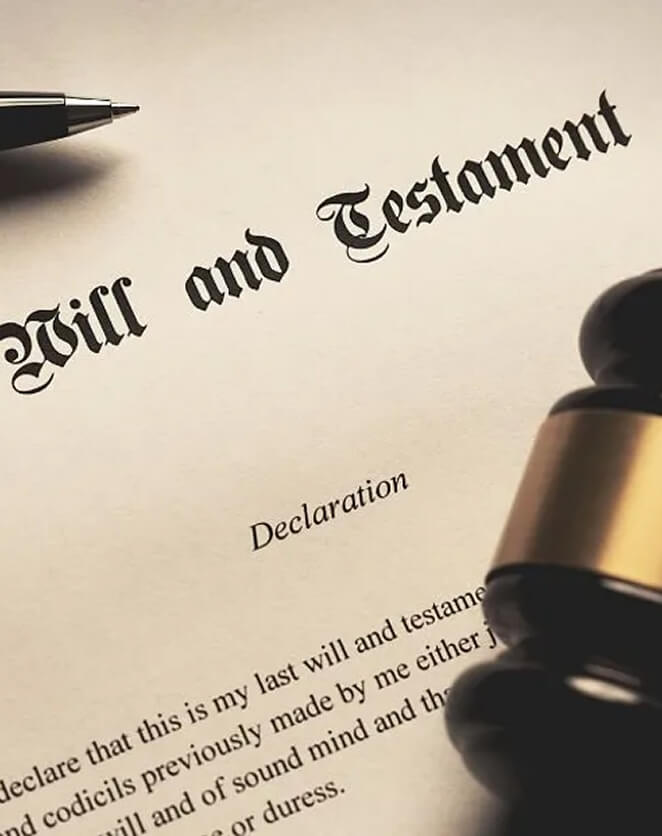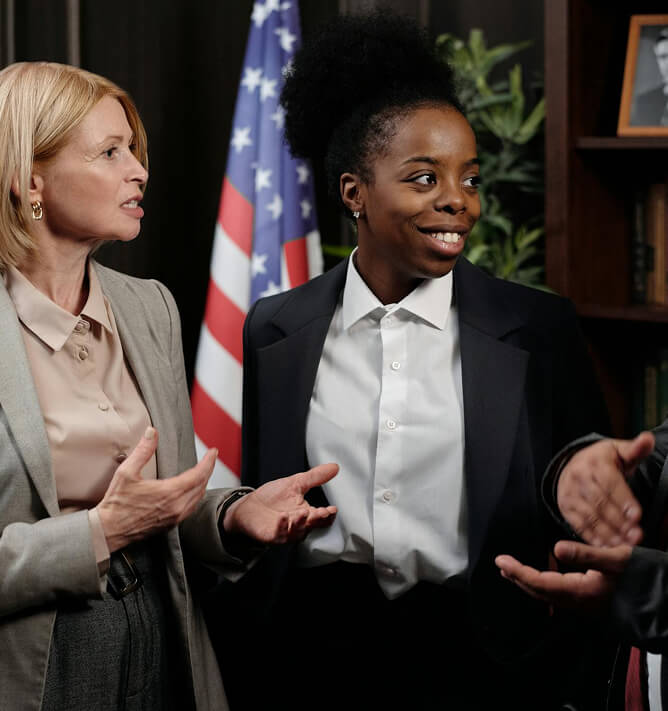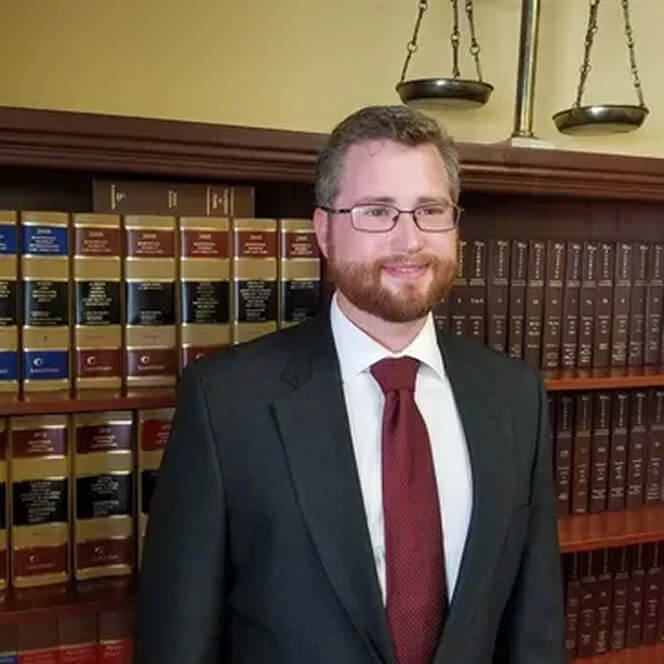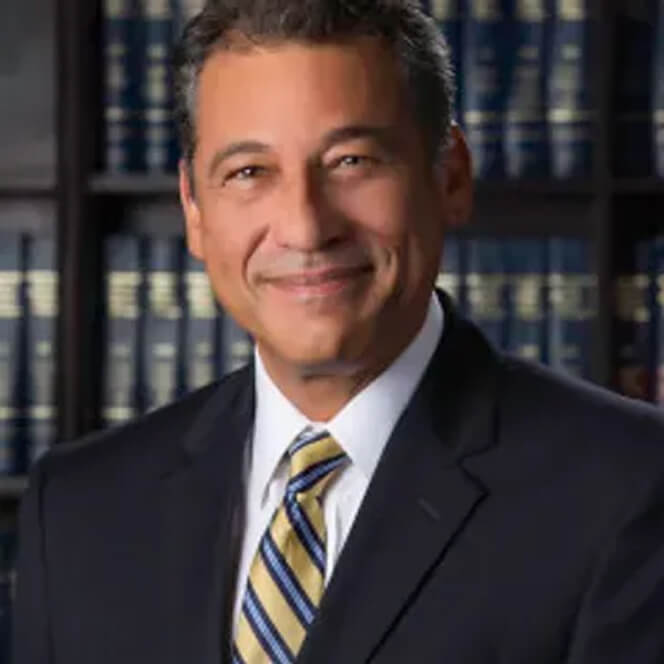Will Contest Attorney in Florida
Will Contest Attorney in Florida

Call 863.250.2990 today to schedule a Free Consultation with our skilled Probate & Will Contest attorneys.
Over 50 Years of Combined Legal Experience in Will Contests
Whether you’re a beneficiary seeking to uphold a will’s validity or an interested party with concerns about its legitimacy, our experienced will contest attorneys provide personalized, compassionate, and strategic guidance to protect your inheritance rights.
What is a Will Contest in Florida?
These situations can be emotionally charged and legally complex, often requiring the expertise of a skilled will contest attorney in Florida.
When is a Will Contest Necessary?
Will contests become necessary when there are legitimate reasons to question the validity of a will. Common grounds for contesting a will include:

Common Reasons for Contesting a Will in Florida

Undue Influence
If a beneficiary or individual exerted pressure on the decedent to manipulate the terms of the will, this could invalidate its provisions. This often occurs when elderly or vulnerable individuals are coerced into including or excluding specific parties.

Lack of Testamentary Capacity
For a will to be valid, the decedent must have had a sound mind at the time of signing. If you believe your loved one lacked mental clarity due to dementia, Alzheimer’s, or another condition, this may serve as a valid basis for contesting the will.

Fraud
In cases where the decedent was misled into signing a will, either believing it was another document or that the provisions were different, you may have grounds to challenge the will based on fraud.

Improper Execution
Florida law has strict rules for executing wills. Any failure to follow these formalities, such as the absence of witnesses or improper signing procedures, can invalidate the will.

Subsequent Wills or Codicils
If a newer will exists that contradicts the earlier document, the court may need to determine which will is valid and enforceable.
Experienced Will Contest Lawyers By Your Side

If you have questions about Probate and Will Contests issues, don’t wait—make sure your legal rights are protected. Call 863.250.2990 today to schedule your Free Consultation with our Probate attorneys.
Attorneys
A graduate of Jones Law, he is our team lead for the probate department and case management. He is the one to establish the plan in court.
A graduate of St Thomas Law, Carlos is head of client management and client relations. He is the master of what happens out of court.
A graduate of Cumberland School of Law, Dennis serves as of counsel bringing legislative experience from his tenure as U.S. Congressman.
Get Started
Contact us and get a free consultation in our offices
Swift Resolution of Will Contests
STEP ONE:
Personalized Consultation & Case Evaluation
Your journey with us begins with a detailed consultation where we carefully evaluate your situation. We’ll take the time to understand your concerns, thoroughly assess the specifics of the will contest, and offer clear explanations of your legal options, ensuring you feel confident in your next steps.
STEP TWO:
Crafting a Strategic Approach
Our seasoned will contest attorneys will examine your case’s complexities, identify key legal issues, and craft a customized strategy designed to protect your interests. Whether through negotiation, mediation, or determined courtroom representation, we’ll ensure your case is handled with precision.
STEP THREE:
Dedicated Advocacy for a Fair Resolution
Throughout the litigation process, MTM Law Firm will be your steadfast advocate, fighting for your rights every step of the way. We’re focused on achieving an efficient and fair resolution so you can put the dispute behind you and move forward with confidence and peace of mind.

Why Choose MTM Law Firm for Will Contests?
Experienced Will Contest Attorneys
Compassionate Support
Personalized Attention
Focus on Results
If you have questions about Probate or Will Contests issues, call 863.250.2990 today to schedule your Free Consultation with our Probate attorneys.




